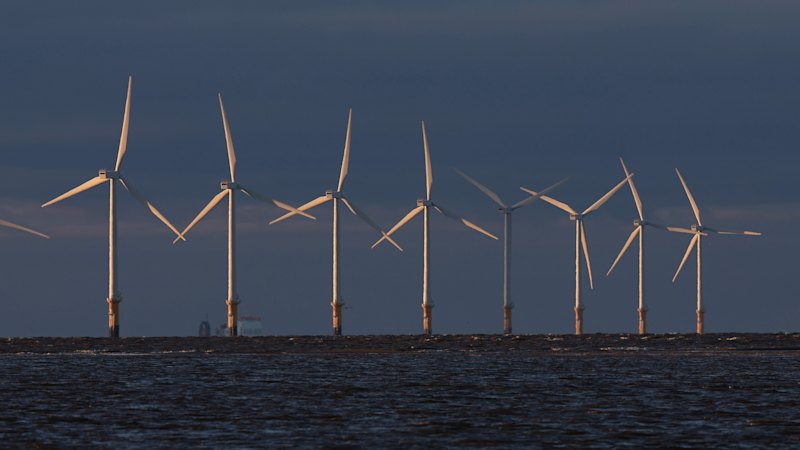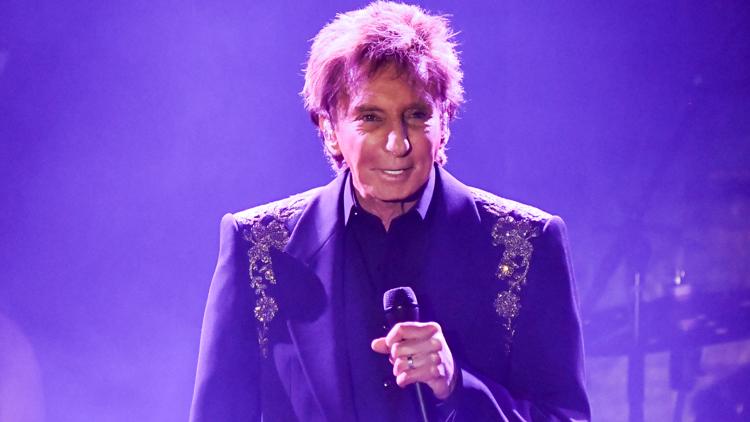
Resistance to the establishment of wind turbines on rural properties has ignited significant debate in Australia. Critics argue that opposition to these renewable energy projects stems from jealousy and misconceptions, hindering progress towards sustainable energy solutions. Proponents, including local farmers, emphasize the economic benefits of hosting wind farms, describing them as a means to “drought-proof” their operations.
Derrick Mason from Boorowa highlighted that most reasonable individuals recognize the necessity of renewable energy. He pointed out that many landholders could enhance their financial situations by participating in wind farm initiatives. However, he noted that community division primarily arises from those who feel excluded from potential financial benefits. Mason characterized this opposition as both “selfish and short-sighted,” asserting that the broader community stands to gain from renewable energy efforts despite the ongoing resistance.
The aesthetics of wind turbines have also emerged as a contentious point. John Rome from Mt Lawley expressed that some individuals oppose these structures due to their perceived impact on the landscape. He suggested that this preference for natural aesthetics seems contradictory in light of the adverse effects of climate change, such as bushfires and droughts.
The political landscape surrounding renewable energy projects further complicates this issue. Ken Enderby from Concord lamented the division within rural communities regarding wind farms. He criticized political parties, particularly the Nationals, for their support of fossil fuel industries over renewable sources. Enderby pointed out the irony that rural areas are among those most vulnerable to the consequences of climate change, facing increased risks of extreme weather events.
Concerns about the visual impact of wind turbines were acknowledged. Ian Ferrier from Long Jetty noted that while turbines and associated infrastructure may spoil some views, the lack of power would have more detrimental consequences. He argued that energy companies need to engage in meaningful consultations with affected communities to mitigate concerns.
The discussion extended beyond renewable energy, touching on broader political themes. Kevin Rudd, the former Prime Minister, recently reiterated his view of Donald Trump as a “traitor to the West.” This commentary sparked discussions on political leadership and accountability in Australia and beyond.
Reflecting on historical leadership, Mukul Desai from Hunters Hill praised former Prime Minister Gough Whitlam for his transformative policies, arguing that many of his ideas were ahead of their time. Desai acknowledged the challenges Whitlam faced in enacting significant change after decades of conservative governance.
The current political discourse has also included reflections on the legacy of Tony Abbott. Riley Brown from Bondi Beach responded to criticisms of Abbott’s tenure by asserting that he effectively steered Australia away from the instability of the Rudd/Gillard administrations.
As the debate over wind turbines continues, it is evident that the conversation encompasses not only renewable energy but also broader societal and political issues. The need for collaboration and understanding among community members and political leaders remains crucial as Australia navigates its energy future.







